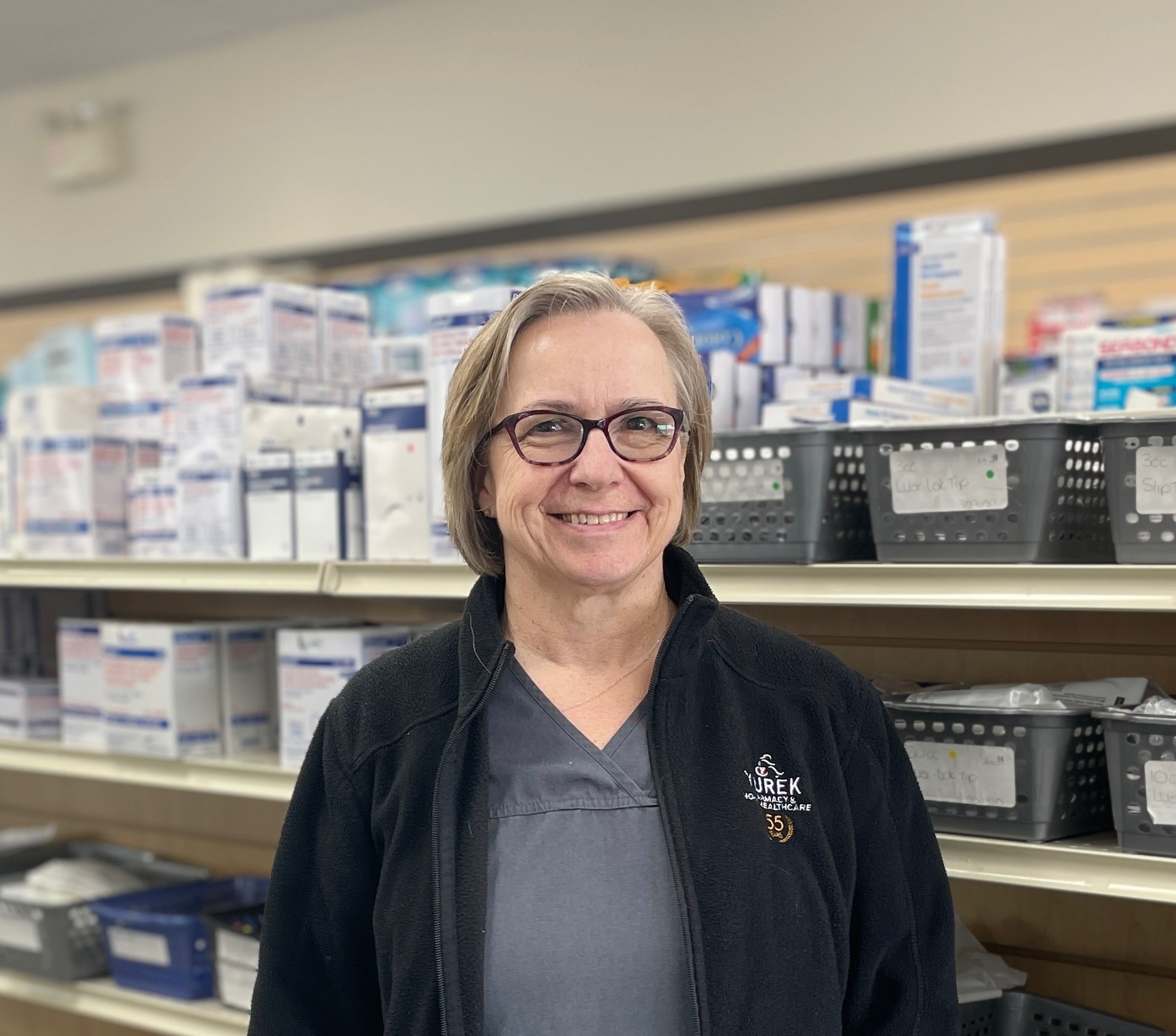In 2001, an Australian woman named Sally J Finn initiated the first ever International Overdose Awareness day and on August 31st, we recognize the impact that overdoses have on friends and families. An ‘overdose’ refers to having too much of a drug (or combination of drugs) than the body can handle. This can be illicit (street) drugs, prescription medications or alcohol and while many drugs can lead to overdose, certain drugs or combinations put a person at higher risk. Depressants such as opioids, alcohol, benzodiazepines and barbiturates are used to have a calming effect on the body. They are used to treat pain, anxiety, seizures and help with sleep. When taken in larger amounts or when combined, however, they can slow breathing and heart rate… even causing someone to stop breathing or the heart to stop beating and leading to death.
Stimulants like amphetamines, ecstasy and cocaine increase alertness and energy but also can affect heart rate, blood pressure and lead to heart attacks, strokes, seizures and psychotic episodes.
Depending on factors including which drug is taken, the amount taken and the person’s state of health, a range of signs and symptoms can occur when a person overdoses, and everyone responds differently. In the case of depressants, the person may be unconscious, have laboured or stopped breathing and unresponsive to sound and touch. Seeking emergency help isn’t just for when someone is unconscious. You should also seek emergency help when someone is:
- Seizing;
- Experiencing severe headache, chest pain or difficulty breathing;
- Extremely paranoid, agitated and/or confused.
Recently, the Ontario government has made naloxone kits available through a variety of sources including community pharmacies. If you, or someone you know is at risk of an opioid overdose, you can present your health card and be trained by a pharmacist on how to recognize signs of overdose and how to administer Naloxone.
Naloxone is a medication that reverses the effects of opioids (narcotics). It is a temporary fix that allows time for first responders and emergency room staff to properly manage the overdose. It will not work against other drugs like stimulants, alcohol or other depressants. When in doubt however, you cannot hurt someone by administering naloxone — it just may not work.
According to the Canadian Drug Policy Coalition, In 2016, there were at least 2,946 apparent opioid-related deaths, with another 2,923 occurring between January and September 2017. This is a growing and disturbing trend. These are not just numbers. These are our brothers and sisters, our sons and daughters, our mothers and fathers. Too many lives have been lost to overdoses and we need to find solutions to stop this before any more lives are lost.
Take care of yourselves and each other.








